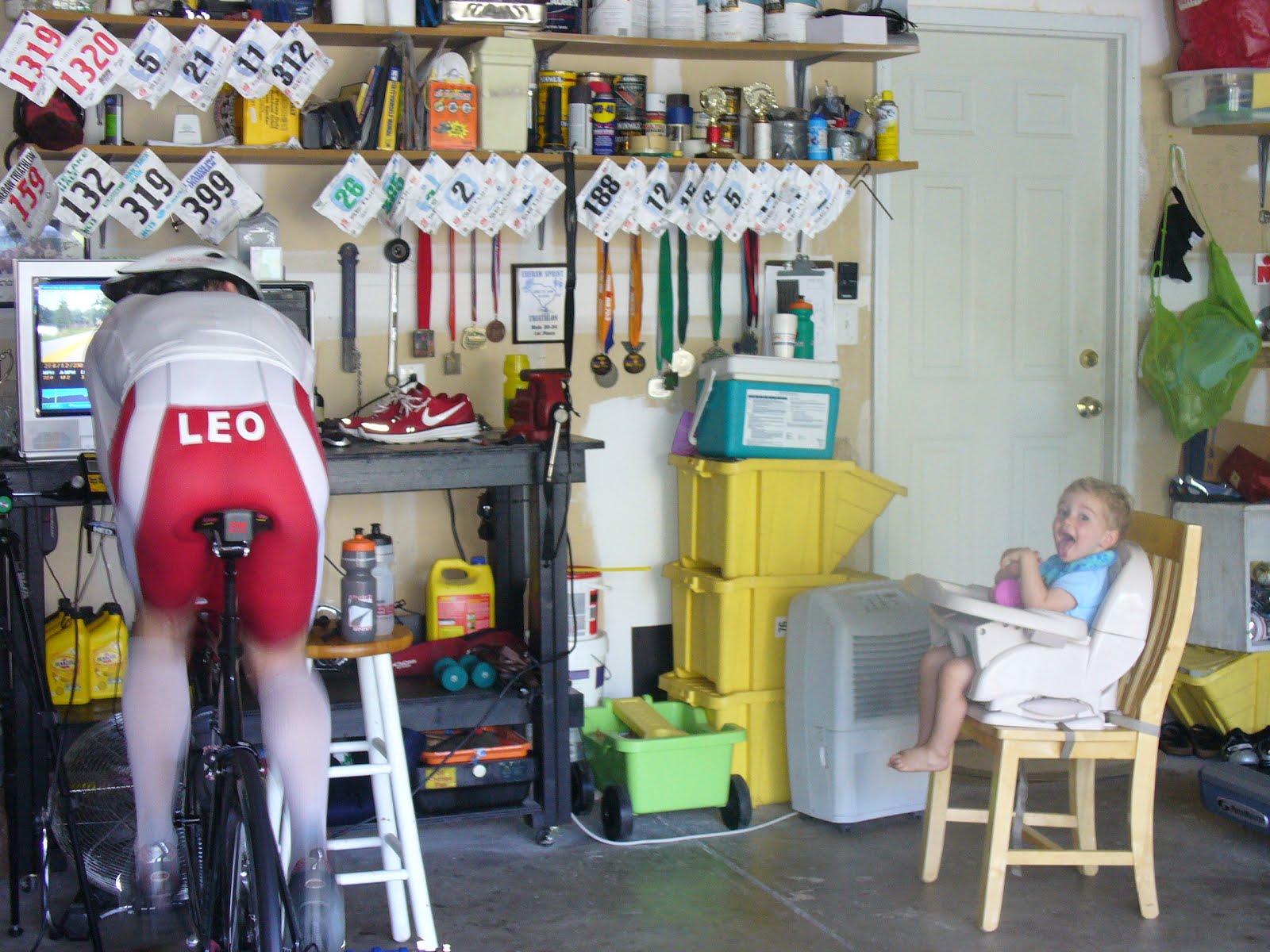That is the question that we all want answered. What is our ceiling? Top 3 AG finish at the local tri? Kona slot in 2016? 4:45 at the marathon distance? For me I am trying to push the limit for 2013 at the marathon distance. I have never trained for an open marathon, but want to this year. Running 26 off the bike has been the sole focus.
So, how fast can I go? How fast can you go?
For 2013 I am setting my mind on going 2:50 at Twin Cities. I'd like to go faster, but I know many variables will need to happen for that to materialize. Is a 2:50 in my legs? More importantly, is my mind strong enough?
For this post I am going to pin point the metabolic side of things. Is my body physiologically able to hold a 6:30 pace for that distance? It is critically important to validate a baseline and so I did just that this week. Poised with my LactatePro and strips I set the treadmill at 9.3 MPH and 1% grade. Every 15 min I'd record HR response and lactate accumulation. Below are my results:
The logic behind this test is to validate lactate accumulation and HR trending against a fixed workload. From this very simple test I can see that I am months away from toeing the line at Twin Cities Marathon and pushing a 6:30 pace. Why? Please take note that HR drift certainly took place, but did stabilize at 45 min. Lactate began to drive high, but also stabilized. My goal is to continue to develop my energy systems so as to rely more and more on fat stores, which would produce less lacate (less reliance on CHO stores [carbohydrate stores - finite]). Moreover, I want to see HR trending that goes more like 152 , 154, and 153 vs. the trending seen above. Lactate trending that went 3.0, 2.9, 2.5 would leave me feeling far more confident in a 6:30 pacing goal as well. More quality training is required. The good news is I have 6+ months before go time.
The key is to create a method of assessing your current fitness level that allows you to validate where you are physiologically and to also refine your goals. I hope this simple baseline test will help you design tests that will help steer you in the right direction.
In the months to come I will be returning to this same protocol to see where my training is taking me.
Think big friends, train smart, and have fun.
Coach L


No comments:
Post a Comment